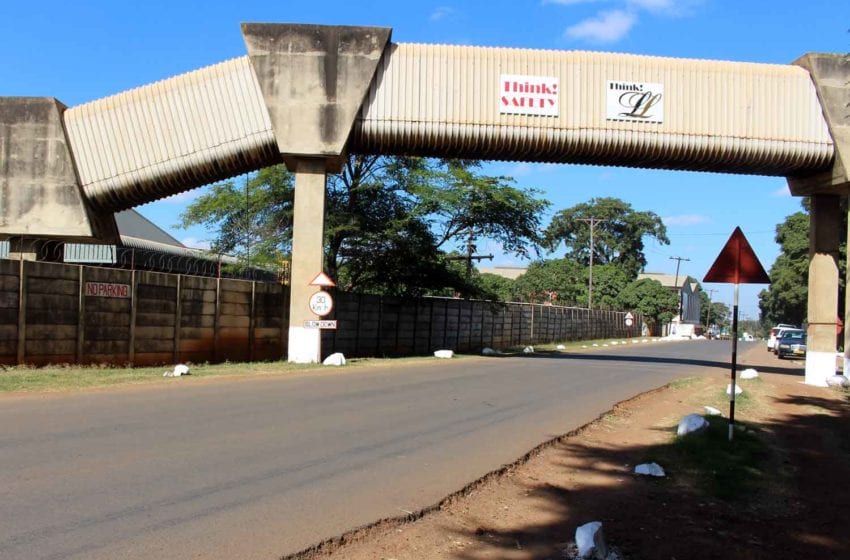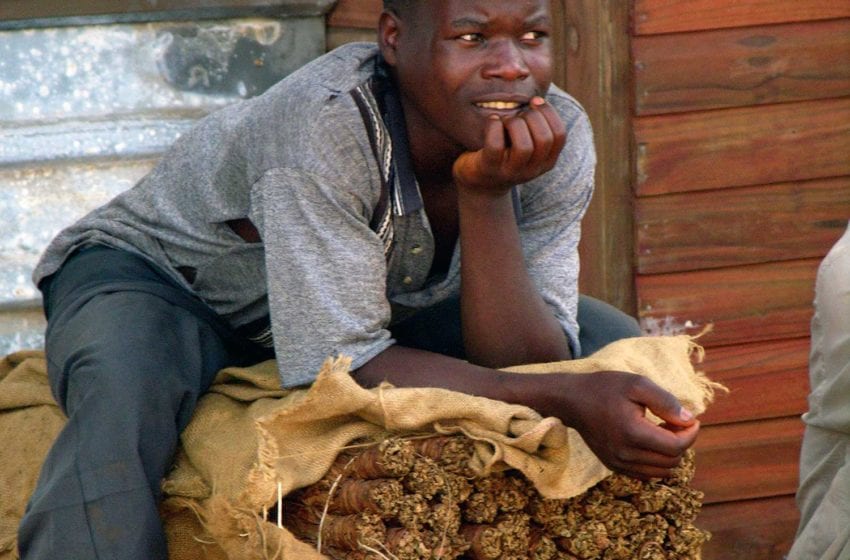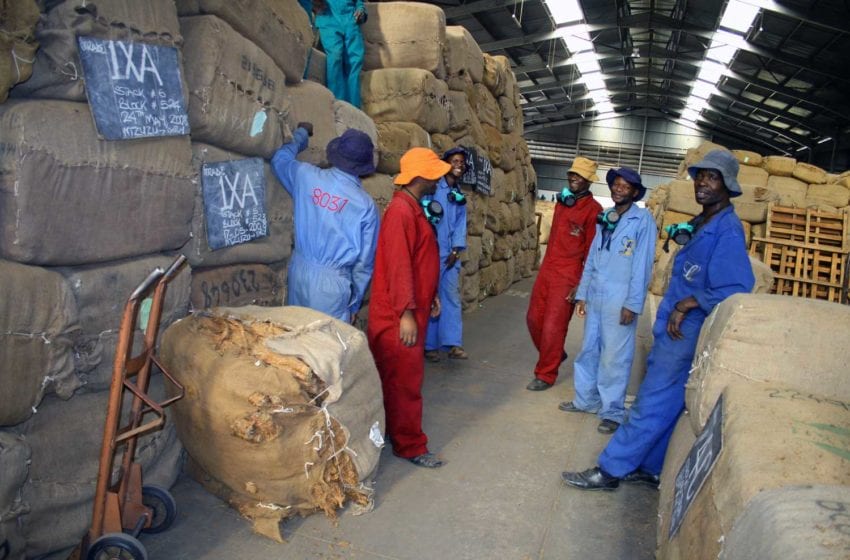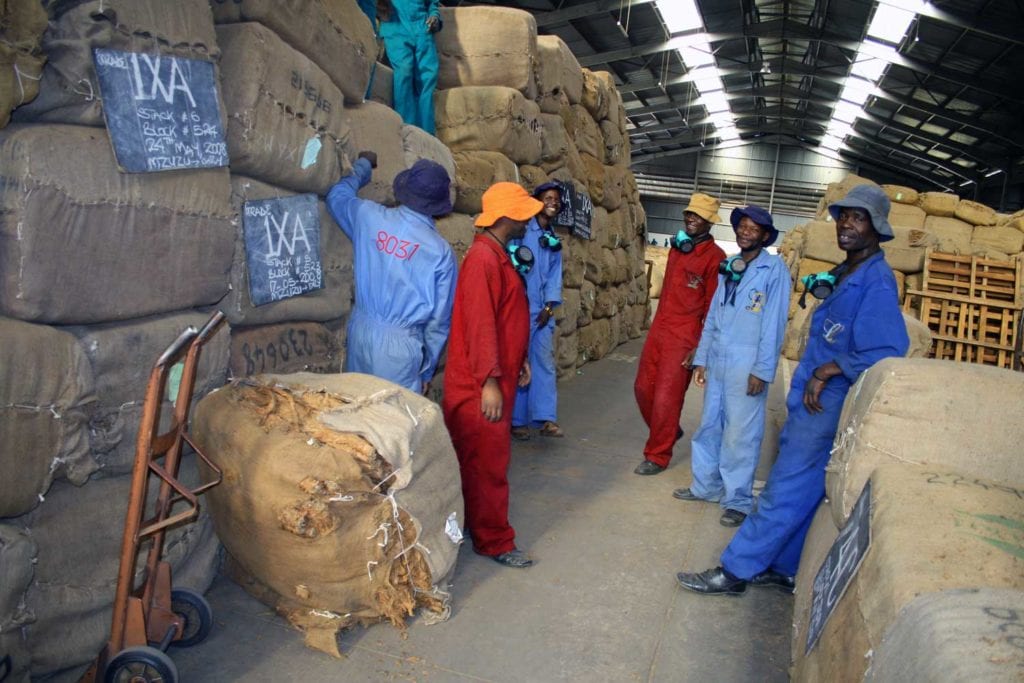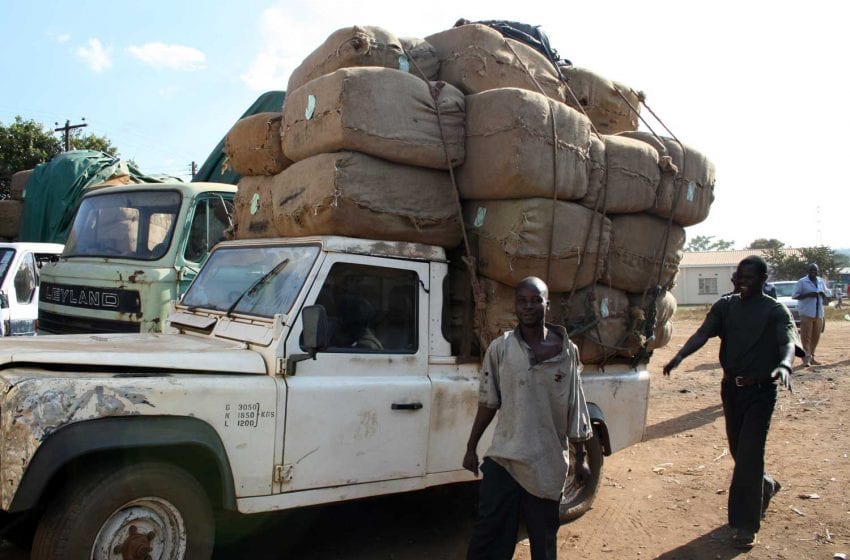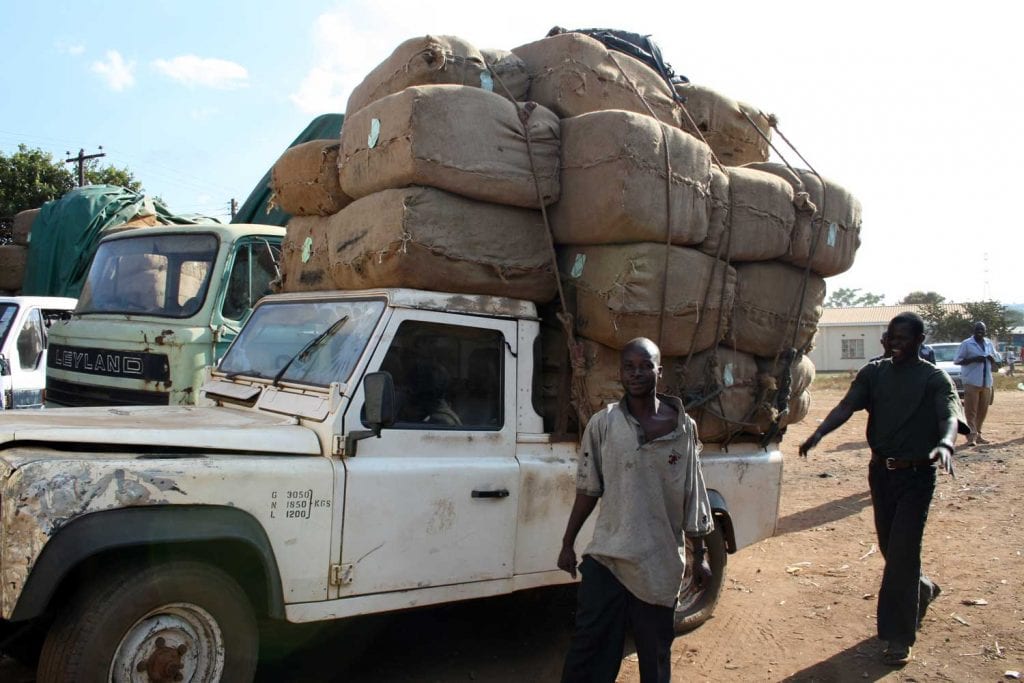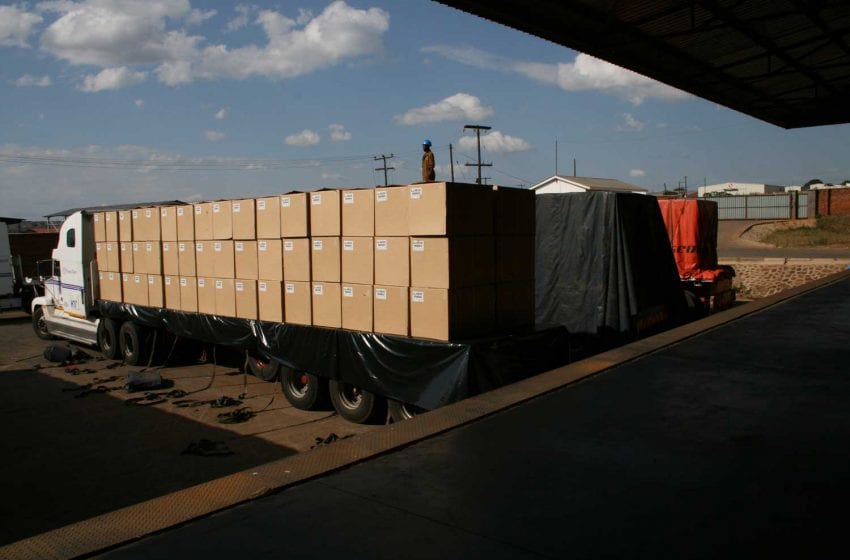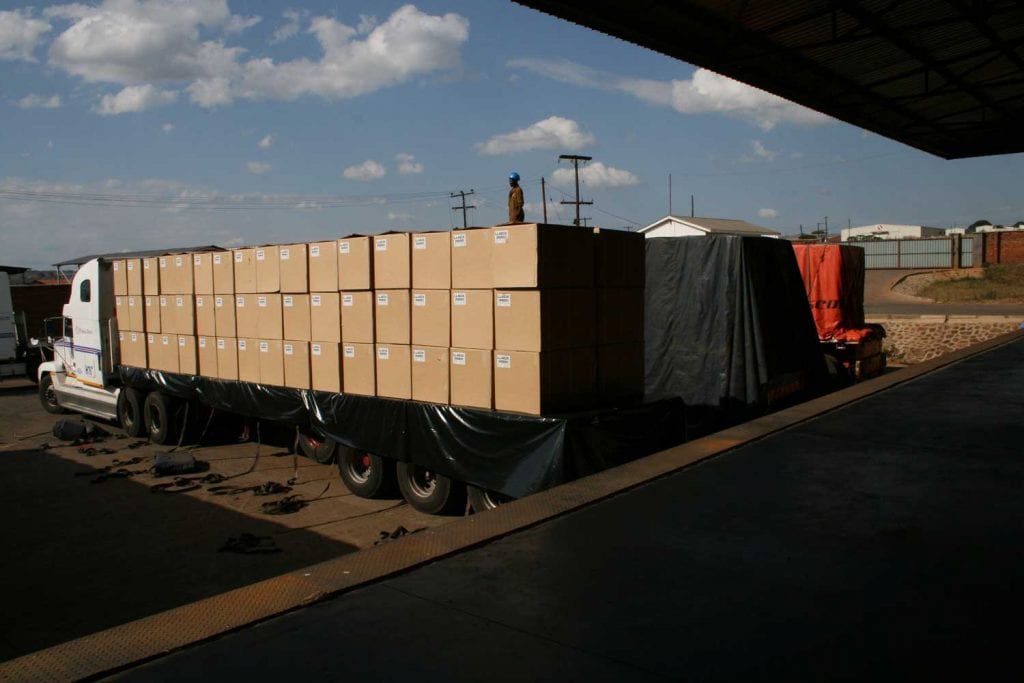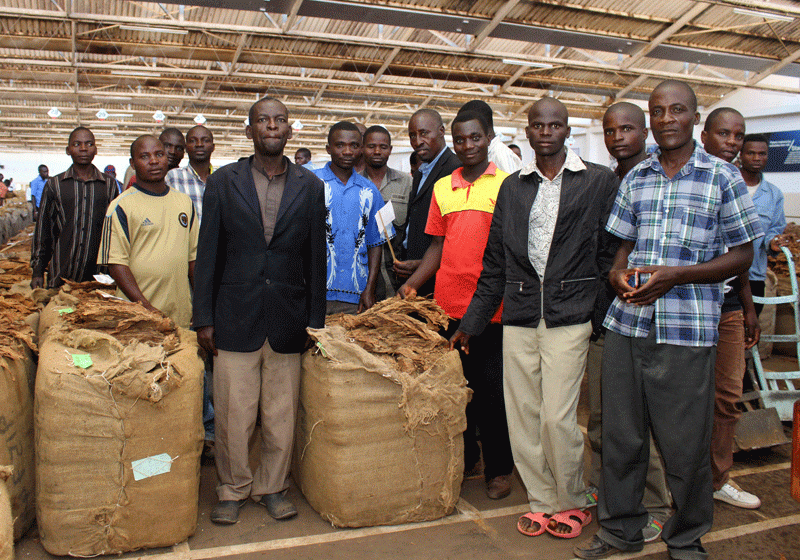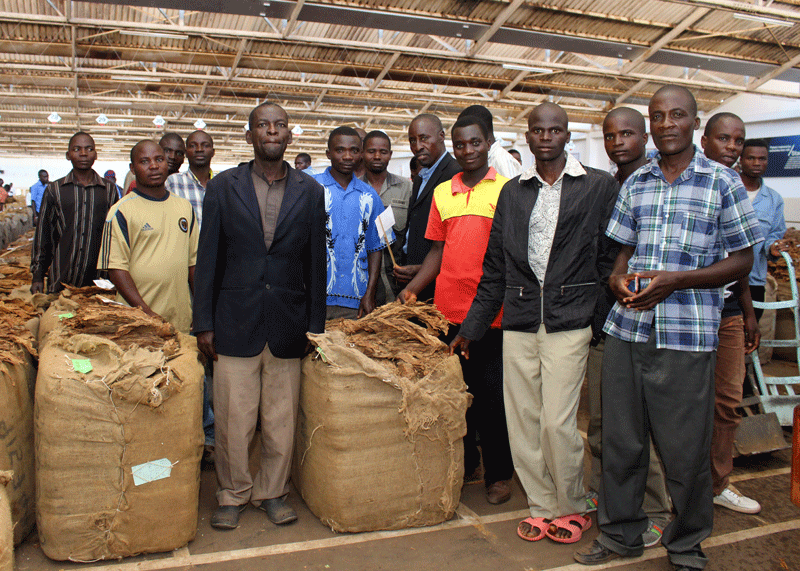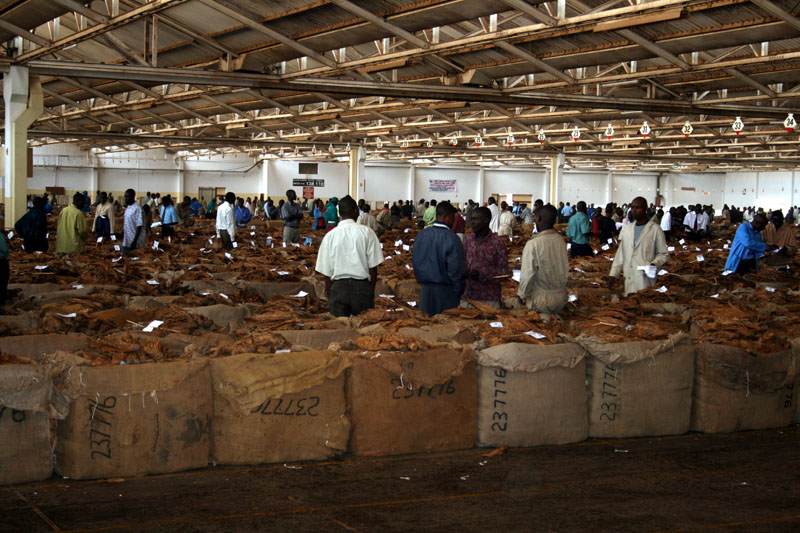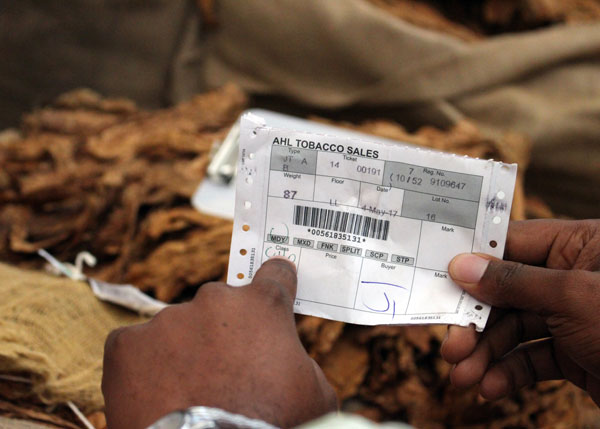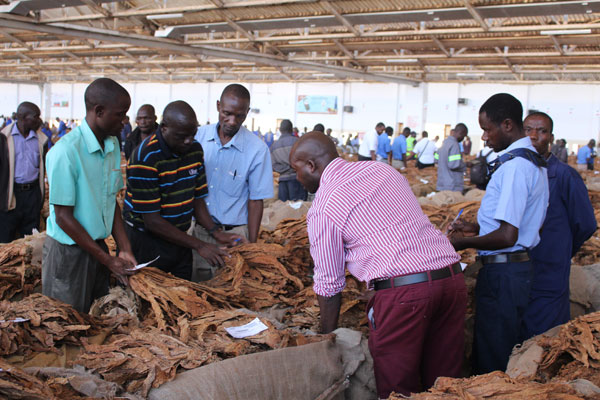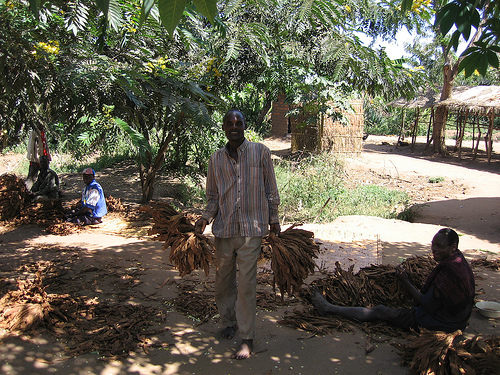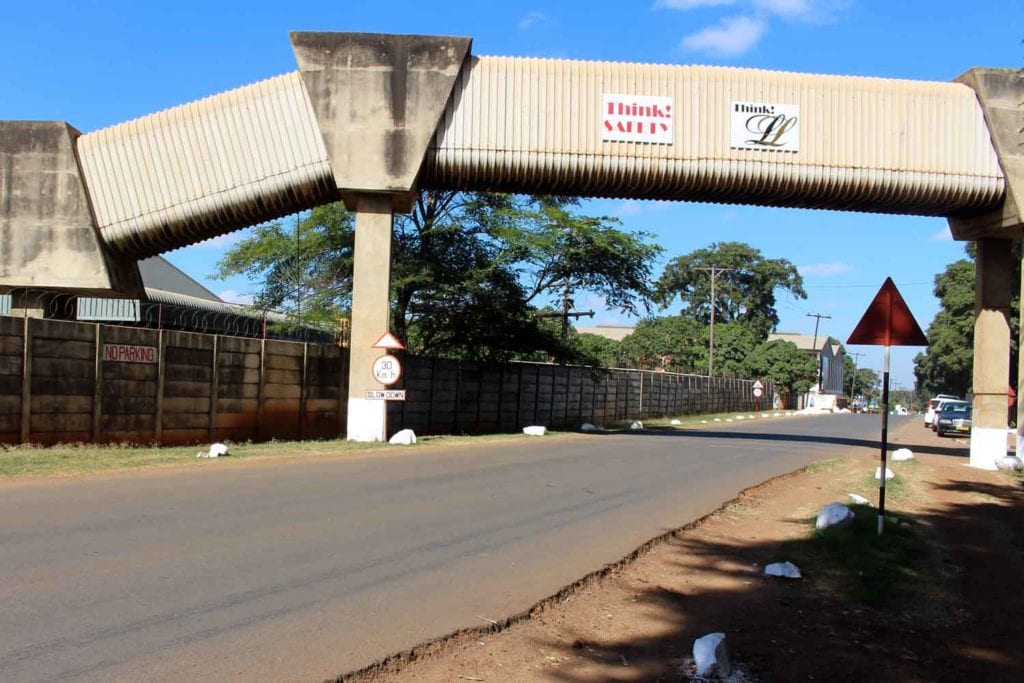
Universal Corp. has welcomed a decision by U.S. Customs and Border Protection (CBP) to admit imports from its Limbe Leaf Tobacco Co. subsidiary in Malawi.
On Nov. 1, 2019, CBP issued a withhold release order (WRO) on imports into the U.S. of tobacco from Malawi based on a suspicion that forced labor was used in Malawi to produce the country’s tobacco crop.
Universal Corp. subsequently filed a comprehensive explanation of Limbe Leaf’s supply chain social compliance program, its efforts to identify and minimize the risks of forced labor on contracted farms from which it purchases tobacco in Malawi, and its ability to trace such tobacco once processed and shipped from the shipping vessel back to the individual farms on which it was produced.
CBP evaluated the company’s filing and concluded that Limbe Leaf’s program and on-farm efforts produced evidence that sufficiently supported the company’s claims that tobacco purchased from Limbe Leaf is not produced or harvested using forced labor.
The agency recently confirmed that tobacco imported from Limbe Leaf is again admissible at all U.S. ports of entry.
“Universal Corporation is committed to the sustainable production of tobacco,” said George C. Freeman III, chairman, president and CEO of Universal Corp. “Our commitment is evidenced by our Agricultural Labor Practices program and other sustainability policies, and by the implementation and maintenance of those programs and policies by our operations around the world. We are proud of Limbe Leaf’s dedication to the sustainable production of tobacco in Malawi, and we appreciate CBP’s recognition of those efforts.”
Earlier this year, CBP cleared Malawi tobacco sold by Alliance One International for entry into the U.S.

